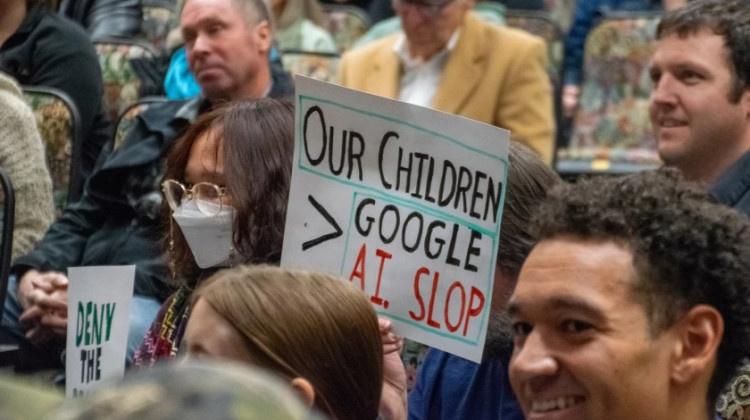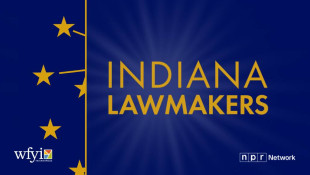By INDIANA PUBLIC MEDIA NEWS STAFF
The House approved a school funding fix, a push to expand cold beer sales died, and efforts to legalize cannabidiol, or CBD, gained momentum. Here’s everything you might have missed this week at the Statehouse.
More coverage of the legislative session
Alcohol: Sunday Sales Moves Ahead, Cold Beer Is Dead
A Senate committee this week overwhelmingly voted down a bill to allow grocery and convenience stores to sell cold beer.
Liquor stores argue their industry would be devastated by such a move; supporters of the expansion say it’s what consumers want. Legislative leaders declared the cold beer push dead for this session.
Measures to legalize Sunday alcohol sales continue to move forward. A bill in the house moved out of committee on Wednesday. The Senate version will be up for approval by the full Senate on Monday.
School Funding Fix
Indiana public schools currently face a $16 million funding deficit after an unexpected influx of students. Lawmakers expect that number to grow early next year.
The House this week unanimously approved a bill to make up to $75 million available to shore up that gap.
Expanding CBD Access
There’s momentum in both chambers to legalize cannabidiol, or CBD, for all Hoosiers. Legislation in 2017 allowed patients with epilepsy to use CBD, but there’s been confusion about what else the law might allow.
Now, legislative leaders say there’s growing support to legalize all CBD products that contain point-three percent or less of THC, a psychoactive ingredient in the cannabis plant.
Township Changes
A House committee cautiously began debate Tuesday on what the committee chair calls “a touchy subject” – township government reform.
The legislation would force townships with less than 1,200 people to merge with an adjacent township by 2023. That mandate would eliminate about 1,200 elected officials. The committee expects to vote on the bill next week.

Short-Term Rentals
A House committee easily advanced legislation Tuesday that would block local governments from banning short-term rentals such as Airbnb.
No one spoke in opposition during the committee hearing. The bill would allow local governments to require permits for those who operate short-term rentals. It would also allow a $150 fee for those permits.
School Financial Management
A House committee heard testimony on a bill Wednesday that would help the state identify schools facing financial problems, but the bill has already been met with criticism. Both Gary and Muncie Schools were taken over by the state last year after their finances reached crisis levels.
A core part of the legislation would reduce the number of meetings for the school board of a struggling corporation from once a month to once every six months, and it would limit the power of the board.
An amendment was also added to the bill which would give Ball State University managerial control over Muncie Community Schools.
Advocates Push For Hate Crimes Law
Advocates say Indiana has a reputation for intolerance that will continue unless the state legislature approves a hate crimes law.
Bills targeting hate crimes have failed in recent years, and the state is one of just five without laws against crimes motivated by biases, such as race, gender, religion and sexual orientation. But proponents expressed optimism during a Statehouse rally Tuesday that this could be their year.
Expanding Baby Boxes
The Indiana Senate unanimously passed legislation Tuesday to expand locations where baby boxes can be used, even as some senators express concerns surrounding the devices.
Baby boxes are meant to be a more anonymous way for people to drop off unwanted newborns. This year’s measure would allow all firehouses staffed 24/7 to install baby boxes.
Addressing The Wage Gap
Indiana leaders are asking lawmakers to pass legislation addressing the state’s wage gap. A coalition of lawmakers and civic groups met at the Statehouse Wednesday to support two bills proposed this session.
The bills would address wage inequity by holding employers more accountable and giving the Indiana Civil Rights Commission authority to investigate employee complaints about pay gaps.
 DONATE
DONATE







 View More Programs
View More Programs



 Support WFYI. We can't do it without you.
Support WFYI. We can't do it without you.